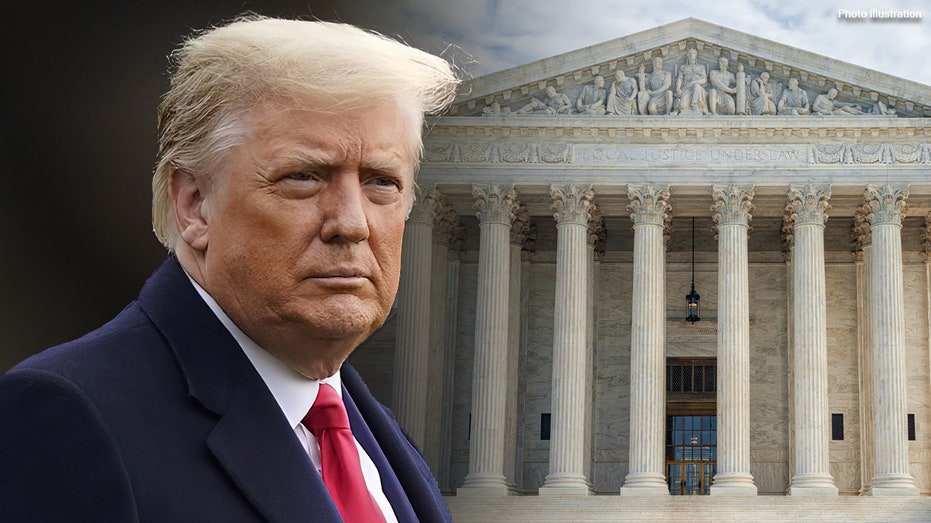Local police in Louisiana could soon be empowered to arrest persons suspected of being illegal immigrants under a bill moving through the state legislature. The bill, modeled after Texas’ anti-illegal immigration law, is one of a number of such bills under consideration in state capitals across the country.
Senate Bill 388, introduced by GOP state Sen. Valarie Hodges, makes it a new crime for an illegal immigrant to enter or re-enter the state after having been deported. Violating the law is punishable by imprisonment of up to a year and a fine of up to $4,000.
Louisiana’s governor would also be authorized to create an interstate compact with Texas to help control the “influx with respect to illegal immigration that consequently threatens the safety and security of Louisiana citizens.”
SB 388 was approved by a Senate committee this week, and is expected to receive approval from the Republican-controlled legislature and governor. Hodges, a Republican, said the move is necessary due to the “open border” and inaction from the federal government.
FORMER TOP ICE OFFICIAL SIDES WITH TEXAS GOV. ABBOTT OVER BIDEN IN ONGOING BORDER BATTLE
“It’s something that I’ve been concerned about for several years,” she told Fox New Digital in an interview. “The fact that the federal government is not doing their job and they’re not protecting us.”
Hodges compared the situation to protecting one’s home.
“You don’t just let anybody come inside your house, and that’s what we’re doing at the border. We’re saying anybody and everybody come on in, and we’re finding out that there’s drug cartels, human trafficking cartels, trafficking children, women and men and boys with labor and sex trafficking,” she said, also noting captures of MS-13 gang members and people on the terrorist screening database.
HOW EAGLE PASS BECAME THE CENTERPIECE OF ABBOTT’S EFFORTS TO SECURE THE BORDER
Hodges also pointed to a number of violent crimes, including rapes, that have taken place in Louisiana.
“We have an immigration policy that people can register, they should come here legally. We can vet them, we know who they are — because we can’t protect people here in Louisiana unless we do that,” she said.
The effort comes as Texas’ version of the law, which was signed in December, is held up in the courts after a legal challenge from the Biden administration. It was briefly allowed to go into effect this month, but was then blocked again by the Fifth Circuit Court of Appeals.
The administration says the Texas law, S.B. 4, interferes with enforcement of immigration laws, which is a federal responsibility.
CLICK HERE FOR MORE IMMIGRATION COVERAGE
“S.B. 4 will not only make communities in Texas less safe, it will also burden law enforcement and sow chaos and confusion at our southern border. S.B. 4 is just another example of Republican officials politicizing the border while blocking real solutions,” White House press secretary Karine Jean-Pierre said in a statement this month.
Other states have been making moves to copy Texas, meaning the ongoing legal battle could have direct impacts on their states, as well. Iowa recently sent a bill to Gov. Kim Reynolds’ desk, while similar proposals are moving forward in New Hampshire, Tennessee and Oklahoma.
It reflects a growing frustration from states deeper in the interior about the effects that the now three-year border crisis is having on their states, including strain on social services, crime and other issues.
The Biden administration has pushed for more funding and immigration reform, saying it is working within a broken system to tackle a hemisphere-wide crisis. Republicans argue that the crisis is the result of Biden-era policies.
But while that battle rages on in Washington, D.C., states like Louisiana are taking matters into their own hands. Hodges, who says she is very confident the bill will be signed into law, said that states have a constitutional right to defend themselves.
“Our Founding Fathers and our Constitution gave us that right, that if we are being invaded or we have imminent danger, our state’s rights supersede what the federal government is derelict in their duty to do,” she said. “And that was what motivated me to do this bill — because if they’re not going to do their job, we have to do it.”




